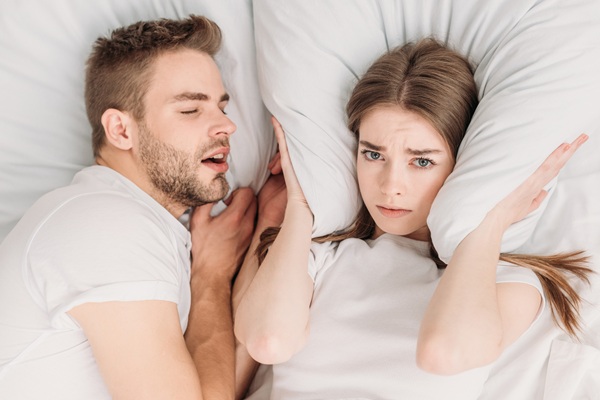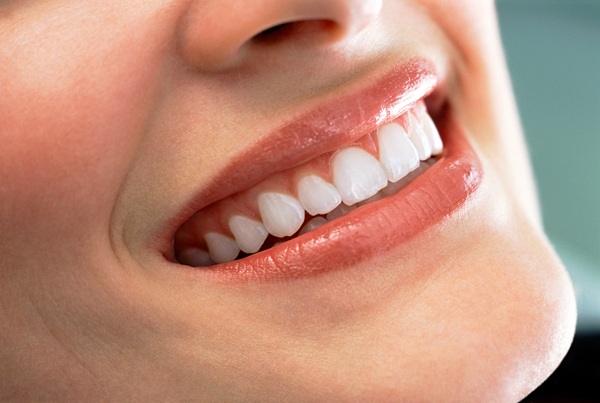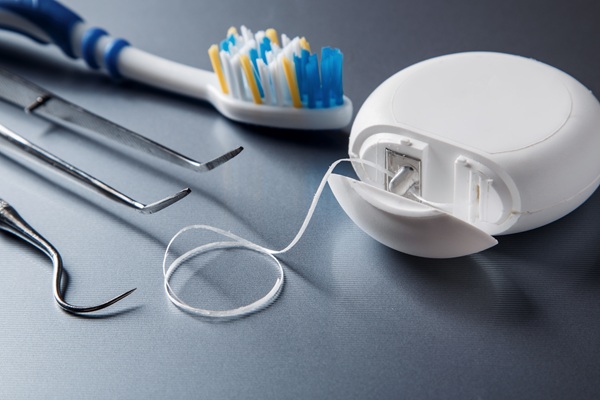If you or someone you live with or spend time with snore often, you’ve probably brushed off snoring as a normal thing. In fact, snoring is something many people deal with. Whether it’s your partner keeping you up at night or you’re the one waking up tired despite a full night’s rest.
But what if your snoring isn’t just a harmless sound? Could it be a sign of something more serious—like sleep apnoea?
While snoring can be common and harmless for some, it can also be one of the key signs of obstructive sleep apnoea, a sleep disorder that affects your breathing during sleep. If you’ve ever wondered, “Is snoring sleep apnoea?”—you’re not alone, and it’s a very important question to ask.
In this blog, we’ll help you understand the difference between simple snoring and sleep apnoea, what signs to look for, and how dental professionals can help you achieve quiet and restful sleep.
Understanding Sleep Apnoea and Snoring
Snoring happens when air flows past relaxed tissues in your throat, causing them to vibrate as you breathe.
This vibration makes the sound we all know as snoring. While this is often harmless, snoring and sleep apnoea are closely connected—especially when the snoring is loud, frequent, or paired with other symptoms.
What is Sleep Apnoea?
Sleep apnoea is a serious sleep disorder that causes your breathing to stop and start repeatedly during the night.
The most common type is obstructive sleep apnoea (OSA), which occurs when the muscles in the back of your throat relax too much, narrowing or closing your airway. These breathing interruptions can happen dozens or even hundreds of times each night, often without you even knowing.
How to Tell If Your Snoring Is Actually Sleep Apnoea
So, how can you tell if your snoring is just snoring—or something more serious? Let’s look at some of the most common sleep apnoea symptoms that can help you identify the difference.
1. You Wake Up Feeling Tired, Even After Sleeping All Night
One of the clearest signs of sleep apnoea and snoring issues is daytime fatigue.
Even with complete sleep, you may still feel groggy or struggle to stay awake during the day. This is because your sleep is constantly interrupted throughout the night without you realising it.
2. Your Partner Notices Gasping or Pauses in Breathing
If your partner has told you that you stop breathing, gasping, or choking while you sleep, that’s a red flag. These episodes usually follow a period of loud snoring, then silence, then a choking or snorting sound when your body starts breathing again. These are classic signs of sleep apnoea.
3. You Snore Loudly and Consistently
Occasional light snoring isn’t usually a concern. But if your snoring is loud enough to be heard through walls, happens almost every night, or causes your partner to sleep in another room—it may be more than just snoring.
4. You Wake Up with a Dry Mouth or Sore Throat
Breathing through your mouth due to blocked airways can lead to dry mouth or sore throat in the morning, which is another common sign of sleep apnoea symptoms.
5. You Have Morning Headaches or Difficulty Concentrating
Lack of oxygen during sleep affects your brain. This often leads to morning headaches, poor concentration, memory problems, and even mood swings or irritability.
Why It’s Important to Take Sleep Apnoea Seriously
Now, if you’re thinking that untreated sleep apnoea doesn’t just affect your energy levels, then you’re mistaken.
Untreated sleep apnoea increases your risk of serious health problems over time.
Some health problems to watch out for:
- High blood pressure
- Heart disease
- Type 2 diabetes
- Stroke
- Depression and anxiety
That’s why it’s important to pay attention to the signs and get assessed if you think your snoring could be something more.
How Your Dentist Can Help
You may be surprised to learn that your dentist plays an important role in identifying and helping manage sleep apnoea. At Bellevue Hill Dental, our team has experience in assessing airway issues that contribute to snoring and sleep apnoea.
If we suspect sleep apnoea, we may recommend:
- A referral to a sleep specialist for a sleep study
- An oral appliance (similar to a mouthguard) to keep your airway open during sleep
- Education and guidance on improving your breathing habits, posture, and oral health
We take a holistic approach to your health, not just your teeth—because we know how closely your oral and overall well-being are connected.
What You Can Do Next
If you’re asking yourself, “Is my snoring something I should worry about?”, here’s what you can do to take the next step:
1. Keep a Sleep Diary
Note how many hours you sleep, how you feel in the morning, and whether you experience any of the sleep apnoea symptoms mentioned.
2. Ask Your Partner for Feedback
They may notice things while you sleep—like pauses in breathing or gasping—that you wouldn’t know about.
3. Book a Dental Consultation
We can assess your airway health and discuss your symptoms to help guide the next steps, including referrals if needed.
The Bottomline
Now while not all snoring is sleep apnoea, there are indeed many people who live with undiagnosed sleep apnoea for years, thinking it’s just “normal snoring.” If left untreated, it can affect your energy, focus, mood, and long-term health.
Let Us Help You Sleep Easier
Think your snoring could be more than just noise? We’re here to help you not just with an assessment, but with working towards a sustainable solution to give you back your restful sleep. Our friendly team at Bellevue Hill Dental is here to help you take that first step toward better sleep and better health.
Contact us today and book your consultation and start your journey to better sleep, better health, and a more refreshed you.



